No man is good enough to be another's master
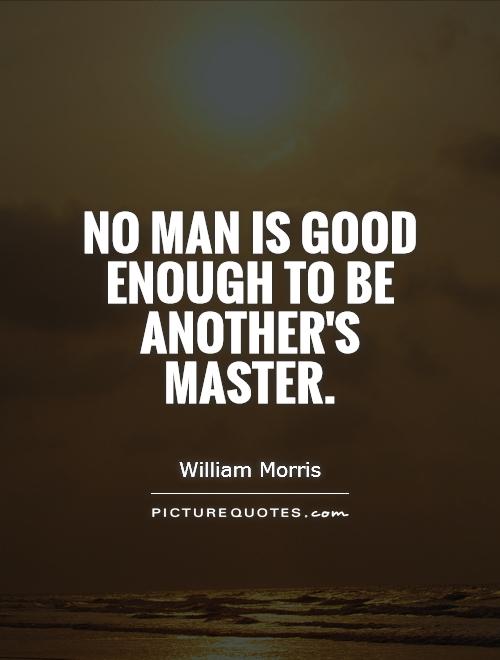
No man is good enough to be another's master
William Morris, a prominent figure in the Arts and Crafts movement of the late 19th century, was a staunch advocate for social equality and the rights of the working class. One of his most famous quotes, "No man is good enough to be another's master," encapsulates his belief in the inherent dignity and worth of every individual.Morris believed that no one person should have power or authority over another, as this would inevitably lead to exploitation and oppression. He saw the relationship between master and servant as fundamentally unequal and unjust, with the master benefiting at the expense of the servant's labor and well-being. In Morris's view, true freedom and equality could only be achieved through the abolition of hierarchical social structures and the establishment of a more equitable and democratic society.
For Morris, the idea that one person could claim superiority over another was not only morally wrong but also fundamentally flawed. He believed that all individuals possessed the same inherent worth and should be treated with respect and dignity. In his utopian vision of society, everyone would have equal access to resources and opportunities, and no one would be able to exert power or control over another.
Morris's rejection of the master-servant relationship was also reflected in his work as a designer and craftsman. He believed in the value of handmade goods and the importance of skilled labor, and he sought to empower workers by providing them with fair wages and working conditions. By promoting the principles of craftsmanship and cooperation, Morris hoped to create a more just and humane society where everyone could live and work in harmony.
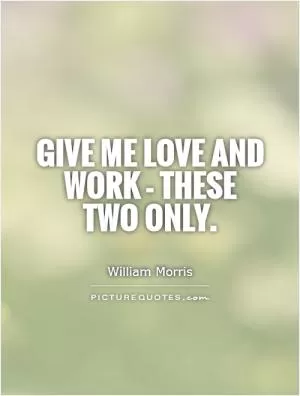

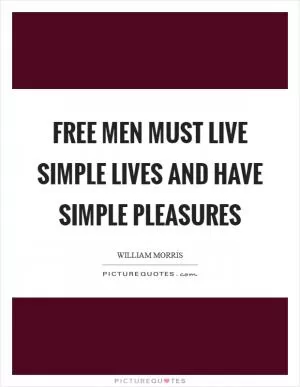

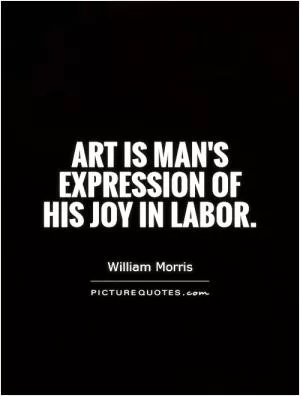

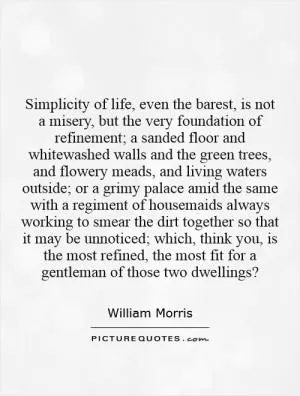


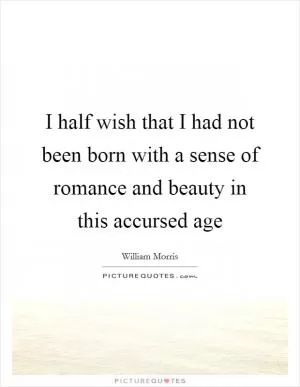
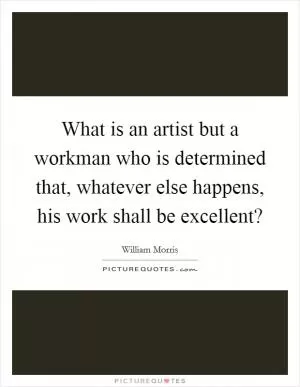
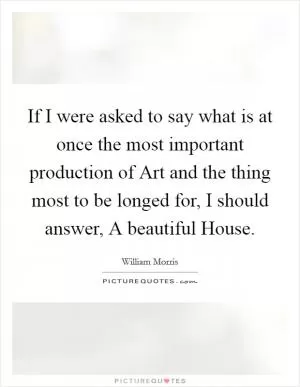
 Friendship Quotes
Friendship Quotes Love Quotes
Love Quotes Life Quotes
Life Quotes Funny Quotes
Funny Quotes Motivational Quotes
Motivational Quotes Inspirational Quotes
Inspirational Quotes